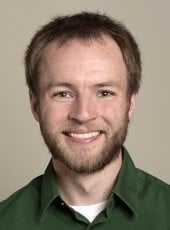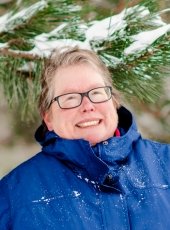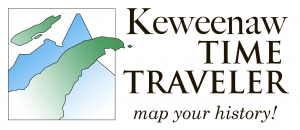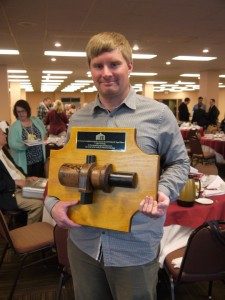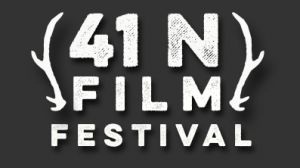The William G. Jackson Center for Teaching and Learning seeks input for its annual Distinguished Teaching Awards, which recognize outstanding contributions to the instructional mission of the University. Based on more than 50,000 student ratings of instruction responses, ten finalists have been identified for the two 2020 awards. The selection committee is soliciting comments from students, staff, faculty and alumni to aid in deliberation.
This year’s finalists in each of two categories are:
Assistant Professor/Lecturer/Professor of Practice Category
- Nancy Barr (MEEM)
- Mike Hyslop (CFRES)
- Heather Knewtson (COB)
- Sheila Milligan (COB)
- Ulrich Schmelze (COB)
Associate Professor/Professor Category
- Melissa Baird (SS)
- Mike Christianson (VPA)
- John Durocher (BioSci)
- Julie King (ChE)
- Amy Marcarelli (BioSci)
Comments on the nominees are due by Friday, April 3 and can be completed online. The process for determining the two Distinguished Teaching Award recipients from each list of finalists also involves the additional surveying of their spring classes. A selection committee makes the final determination of the award recipients in early May with the 2020 Distinguished Teaching Awards formally announced in late May.
For more information, contact Margaret Landsparger at 7-1001.
